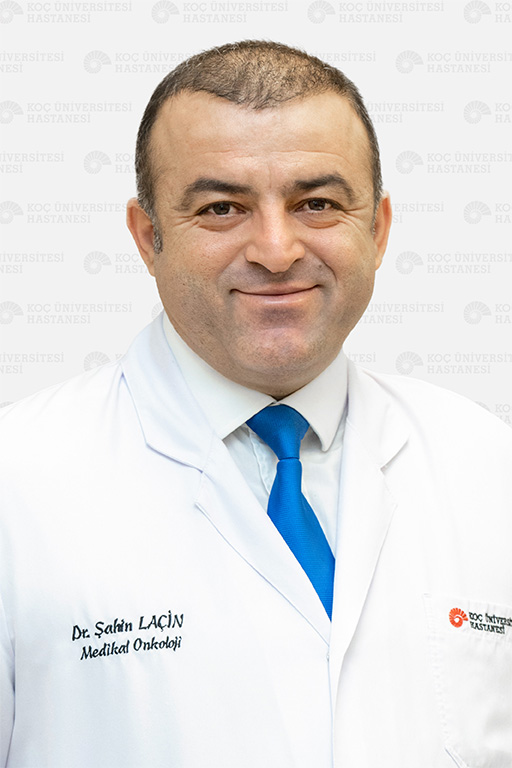“Immunotherapy enables our body to fight cancer effectively and powerfully”
Immunotherapy, which is one of the most effective forms of treatment used in cancer treatment today, enables our body to fight cancer effectively and powerfully. Assoc. Dr. Şahin Laçin gave information about the subject.
 What is immunotherapy?
What is immunotherapy?
“Immunotherapy is a mode of treatment that functions on the immune system. In that regard, it is among the most effective cancer treatments. Overall, it could be described as a treatment capitalizing on an individual’s own immune system in order to battle cancer. Our complex immune system consists of special blood cells as well as organs and tissues of our lymphatic system, which arms our bodies to combat infectious and non-infectious diseases. Essentially a form of biological treatment, immunotherapy allows the body to efficiently and robustly fight cancer by means of the various members of the immune system.”
“WE CAN REDUCE OUR RISK OF CANCER”
How does immunotherapy work?
“It works by stimulating the natural defensive cells and other components of the immune system and boosting the response to cancer cells. In turn, cancer cells are identified as foreign bodies and attacked. The immune system detects and eliminates abnormal cells in the body as a part of its normal function, hence preventing or halting formation and growth of numerous types of cancer. A number of studies have shown that immune cells tend to concentrate more in and around a patient’s cancer cells in comparison to normal tissues. The defensive cells found in cancer tissue has been recognized as an indicator of the immune system’s response to cancer, and patients with a higher number of these cells have been found to have more favorable rates of taking cancer cells under control. According to research; a stressful life, malnutrition and sedentary lifestyle habits reduce one’s immune system activity and increase their odds of having cancer. Based on this knowledge, it is up to us to hone our immune systems and decrease our chances of getting cancer.”
Can cancer cells avoid immunotherapy?
“Some cancer cells indeed feature means of preventing the immune system from destroying them. They might multiply in the body and metastasize over different regions. Cancer cells may escape by harboring genetic mutations that render them less visible to the immune system or shielding themselves on the surface with proteins that prevent functioning of immune cells.”
What are the types of immunotherapy?
Below are the treatments that function on the immune system:
- Immune checkpoint targeted treatments (immunotherapy);
- Chimeric antigen receptor (CAR) T-cell treatment;
- Cytokines (small proteins transmitting messages between cells);
- Immunomodulators;
- Cancer vaccines;
- Monoclonal antibodies (mAb or MoAbs);
- Oncolytic viruses (viruses that kill cancer cells).
“CANCER CONTROL CAN BE PROVIDED”
Response to immunotherapy and expected recovery
“Immunotherapy can ensure quite optimal control without any other treatment when used on patients with the cancer tissue parameters indicating a positive outcome, and offer recovering in cases where the disease has spread, i.e. stage 4. While it has previously not been possible with the conventional cancer treatments, immunotherapy has made complete recovery possible in stage 4 diseases.”
Research on immunotherapy and future projections
“Immunotherapy has become the most essential component of cancer treatment in recent years. The successful outcomes attained with immunotherapy has also increased the range of cancer types where this treatment is utilized. New types of immunotherapy are being tested every day all around the world, as new targeted treatments are added to available options to prevent cancer cells from escaping the immune system. Ongoing studies lead to discoveries of new treatments functioning on the immune system with highly favorable results. In line with positive outcomes from these studies, their use on their own or in combination with other modes of treatment are approved by national authorities. In this sense, this approach is expected to cover more distance in the battle with cancer in the future and give a boost to treatment success.
We are far more hopeful in our battle with cancer at the moment, thanks to these treatments.”



